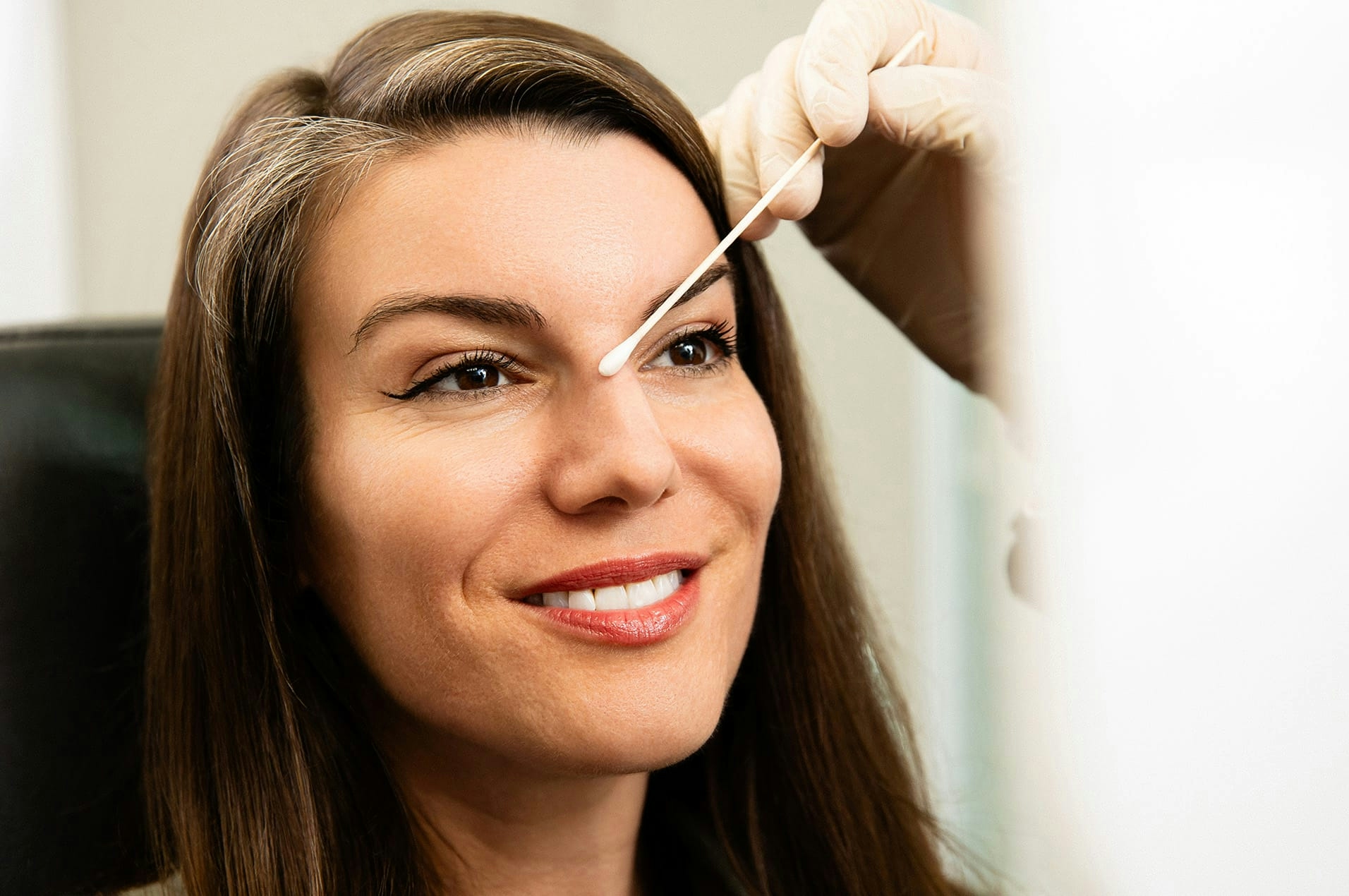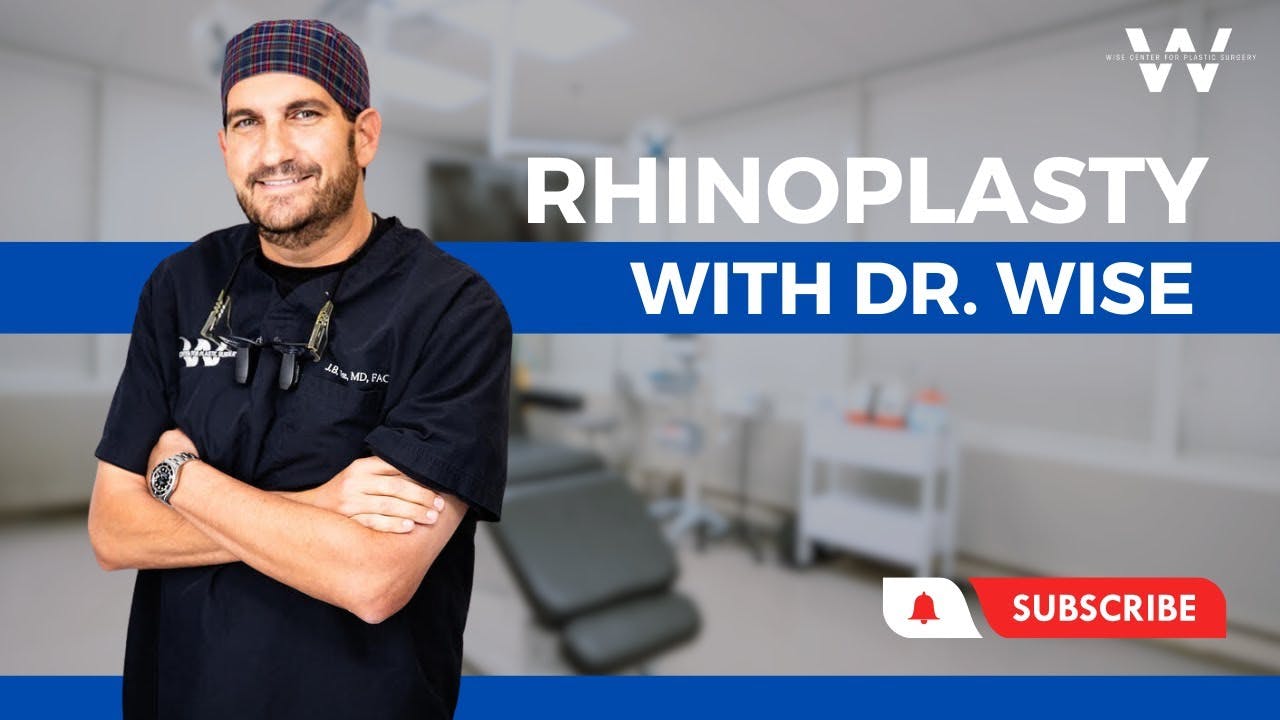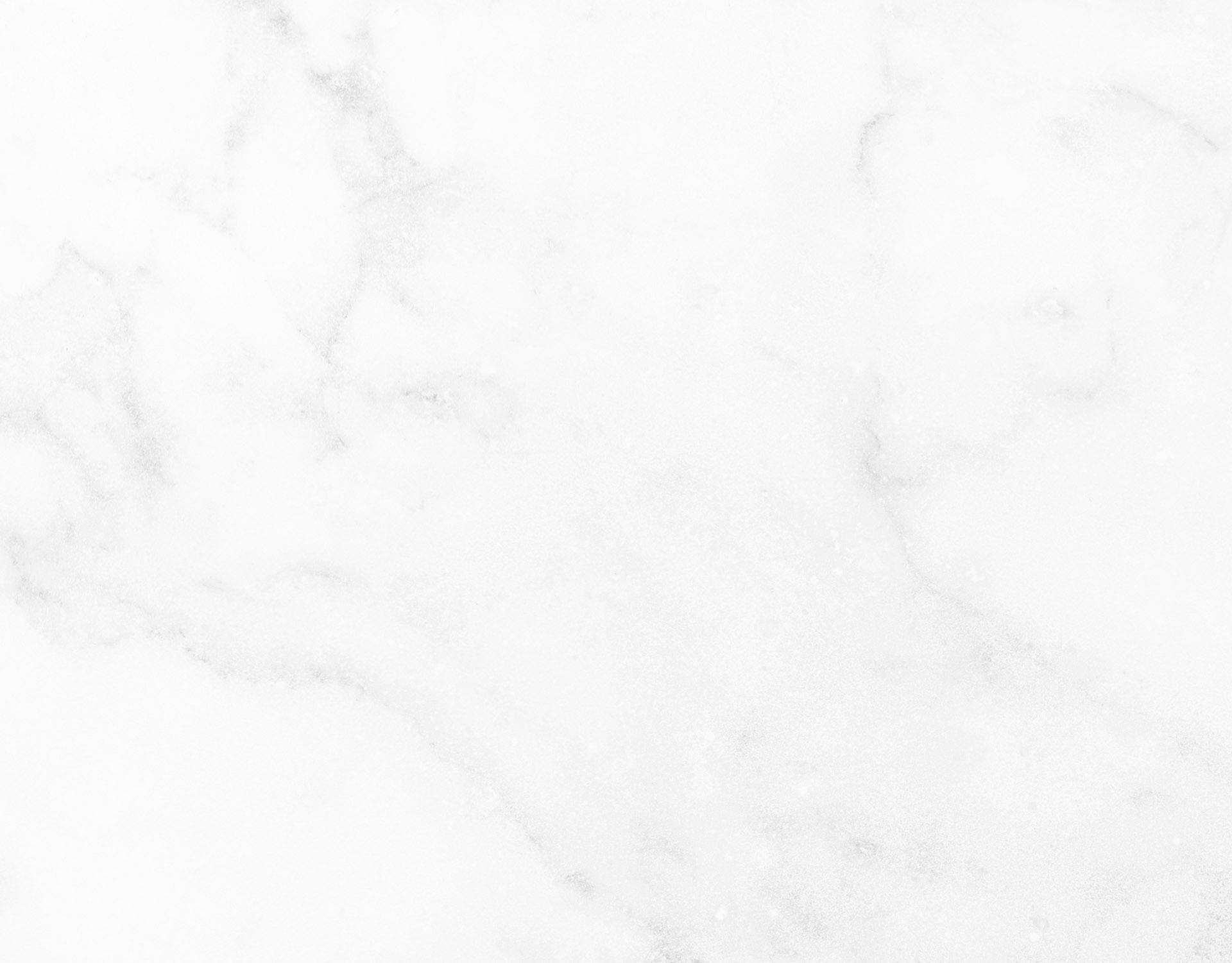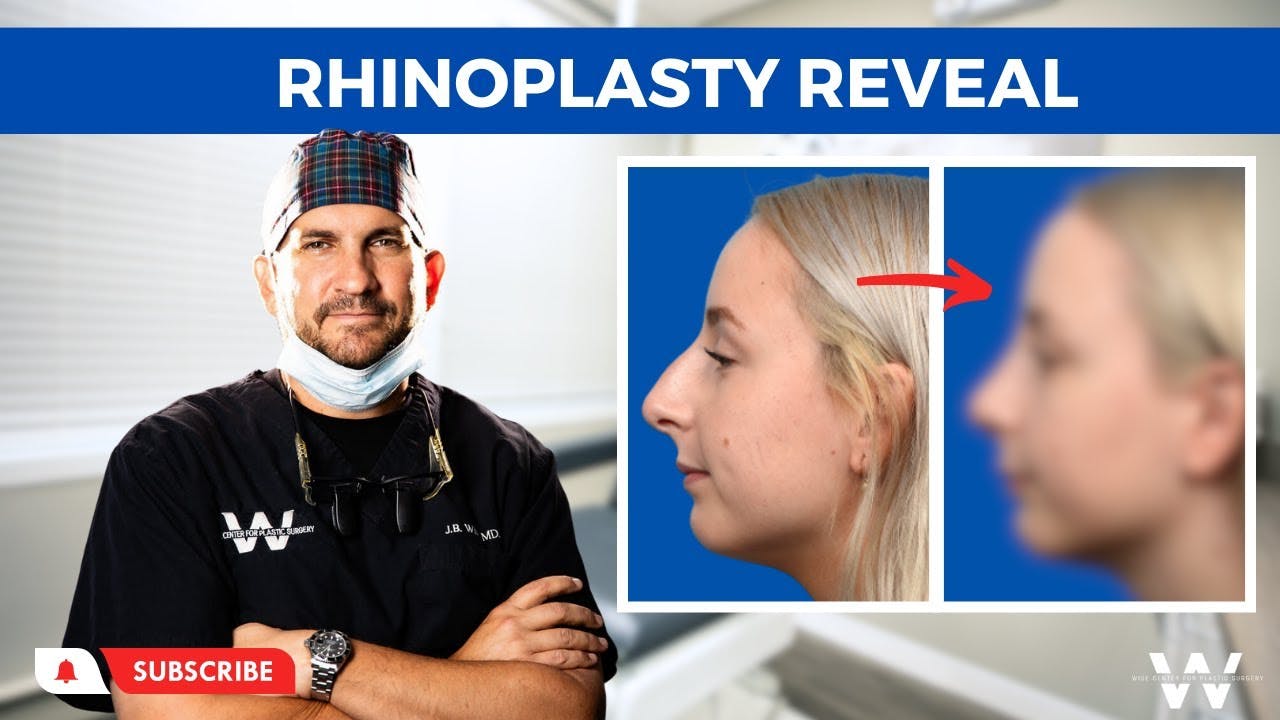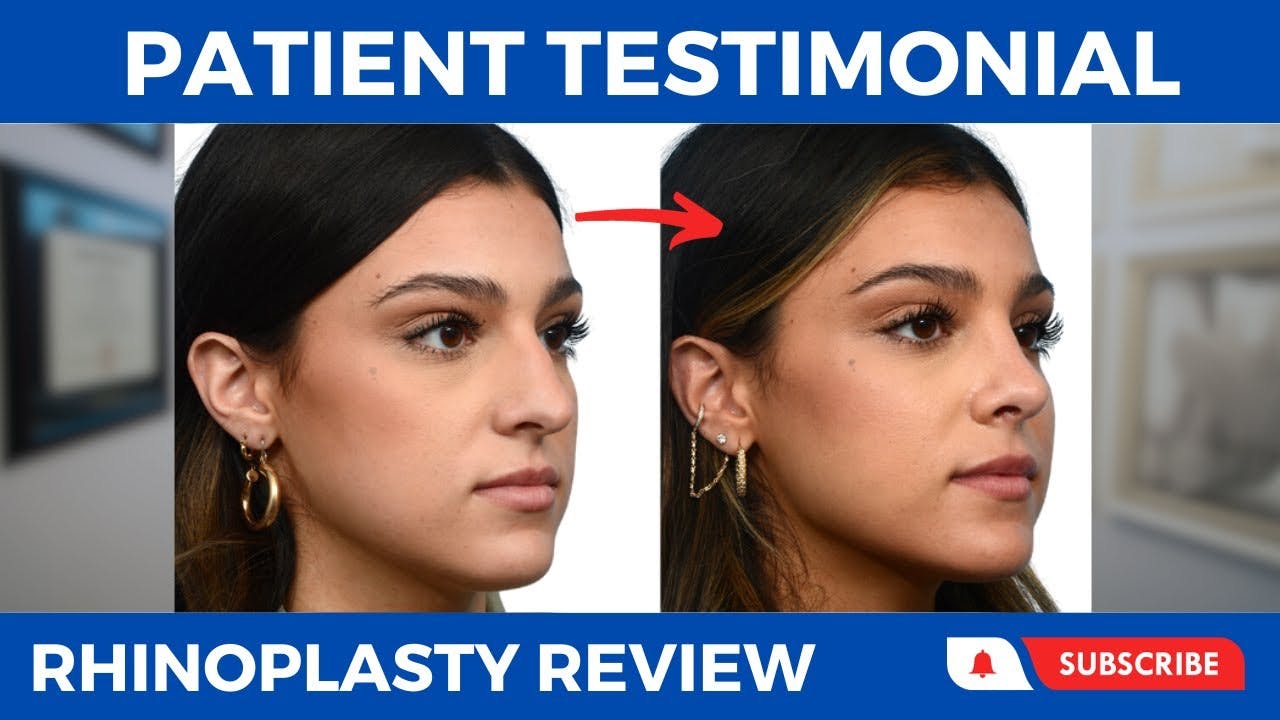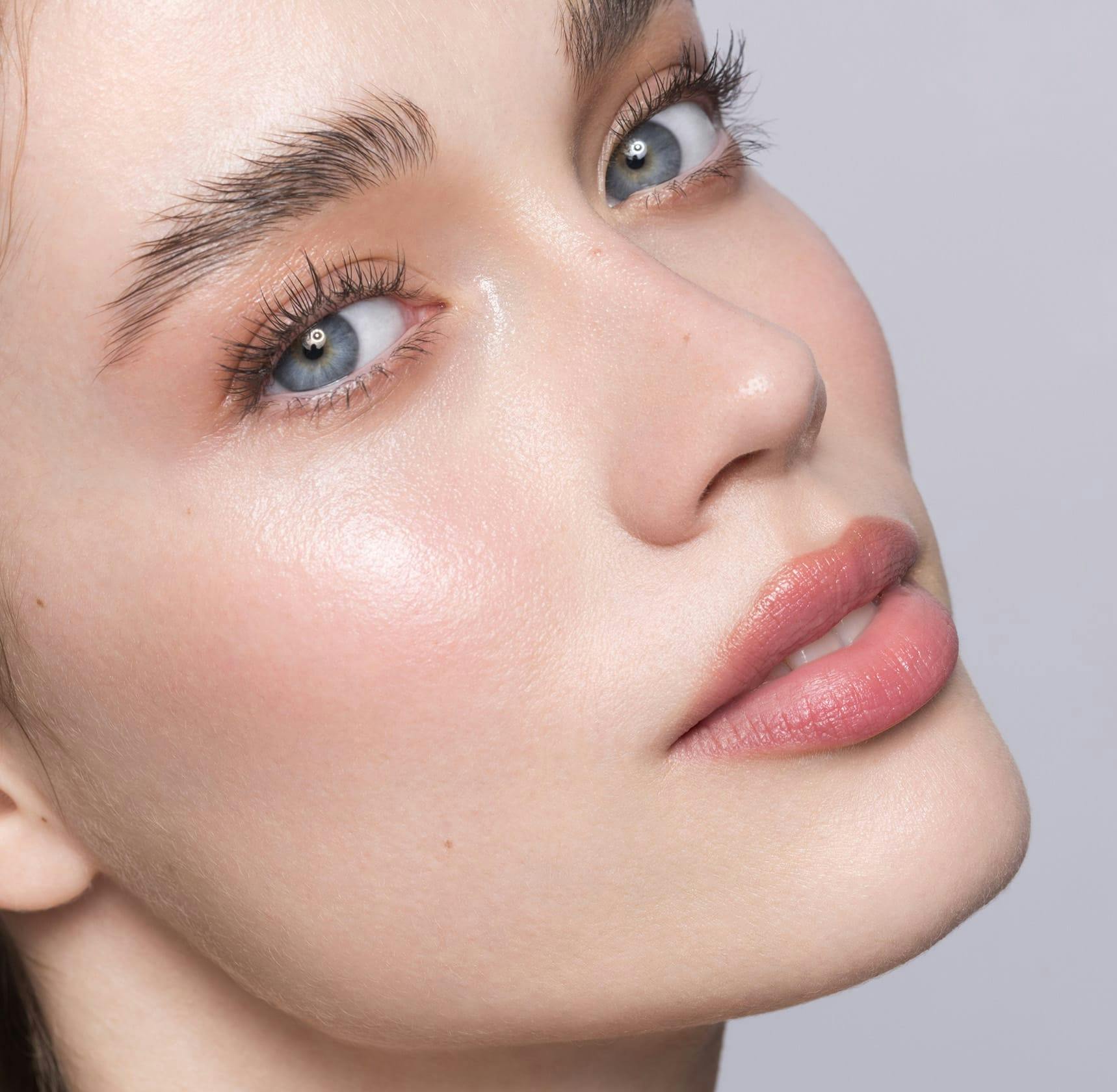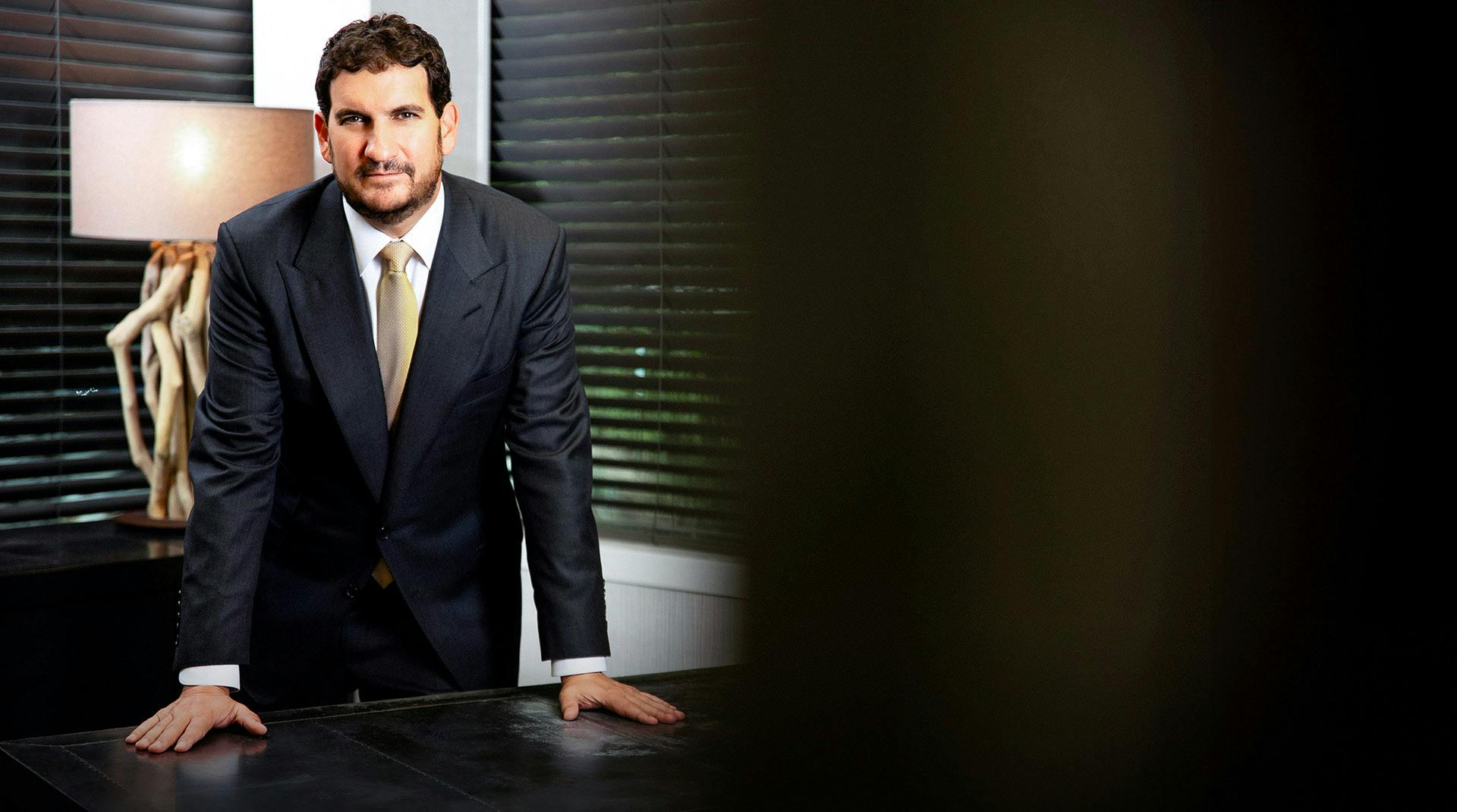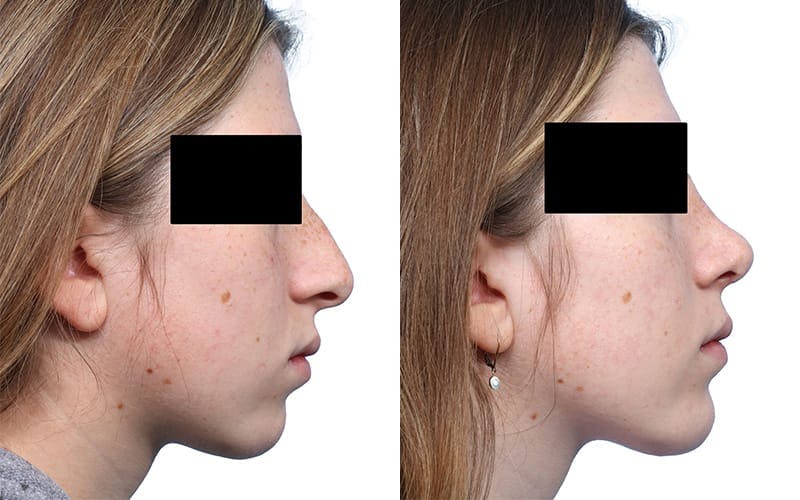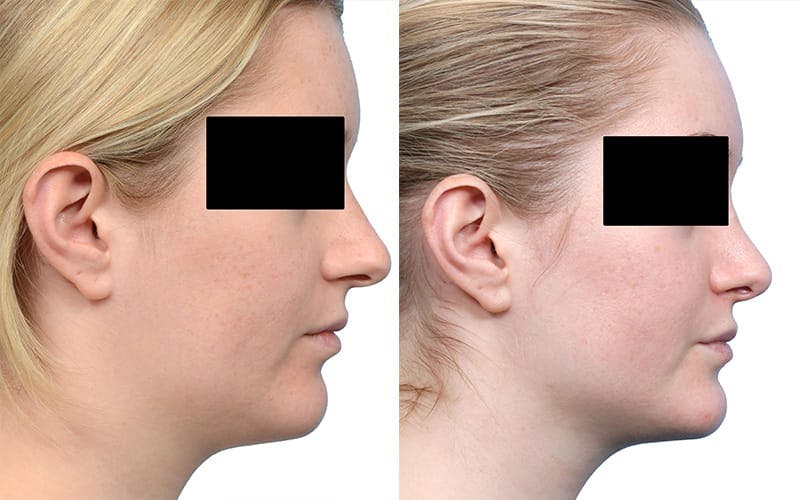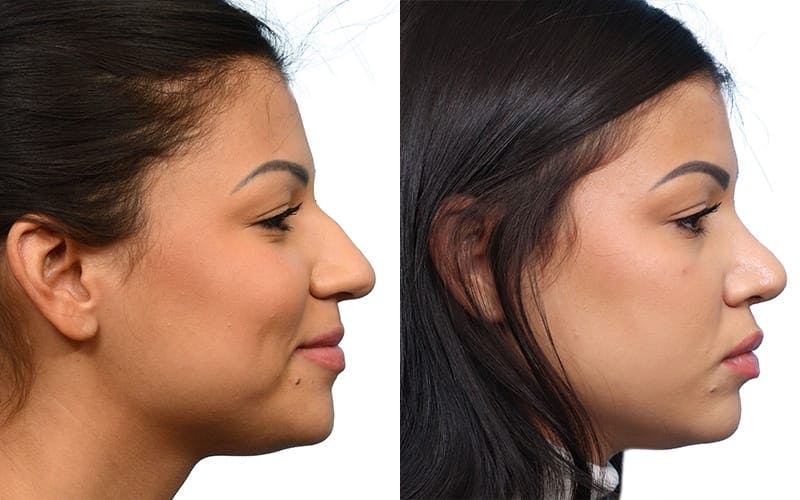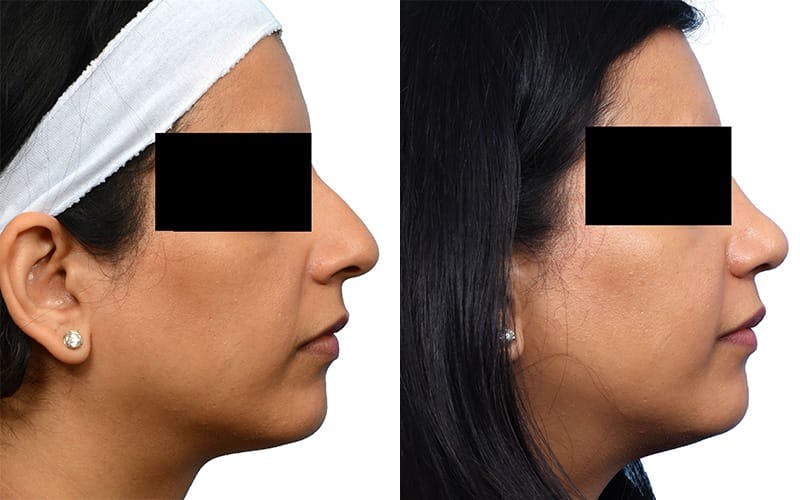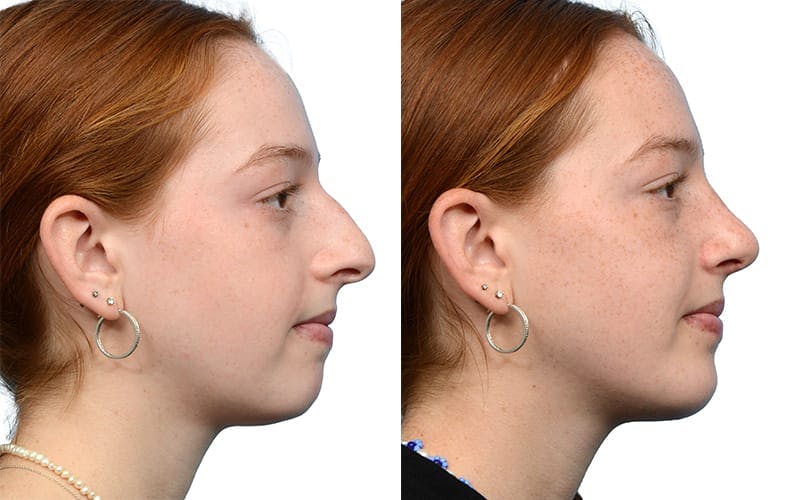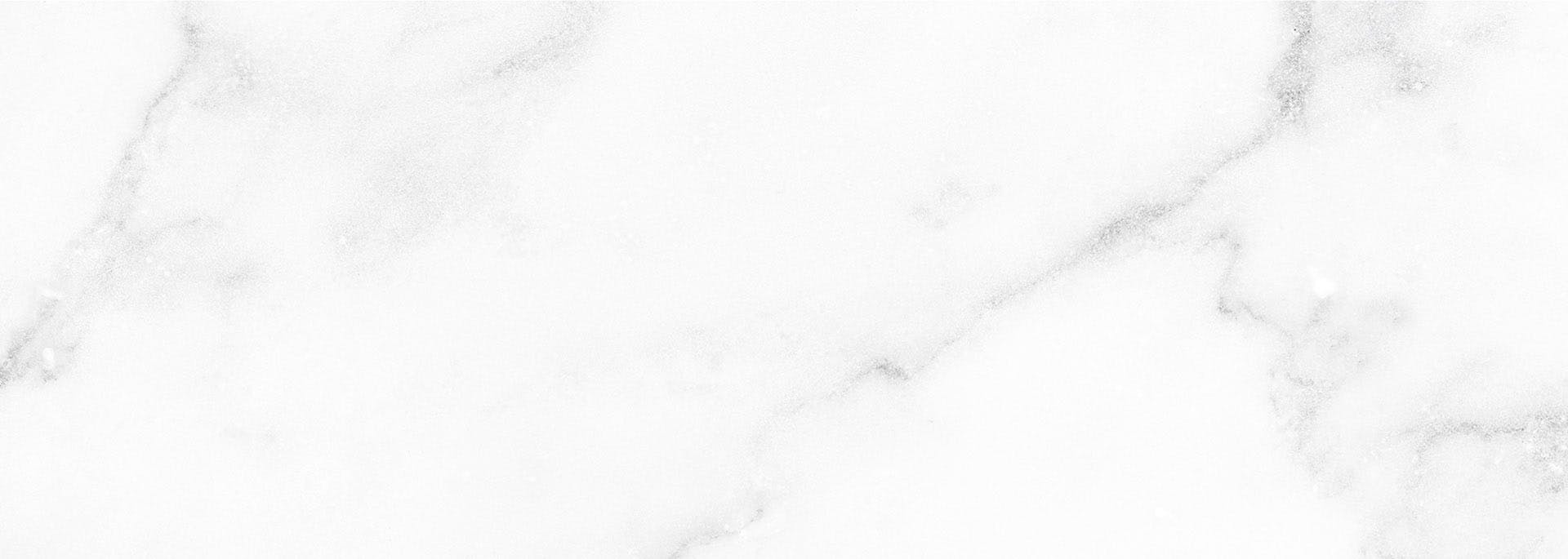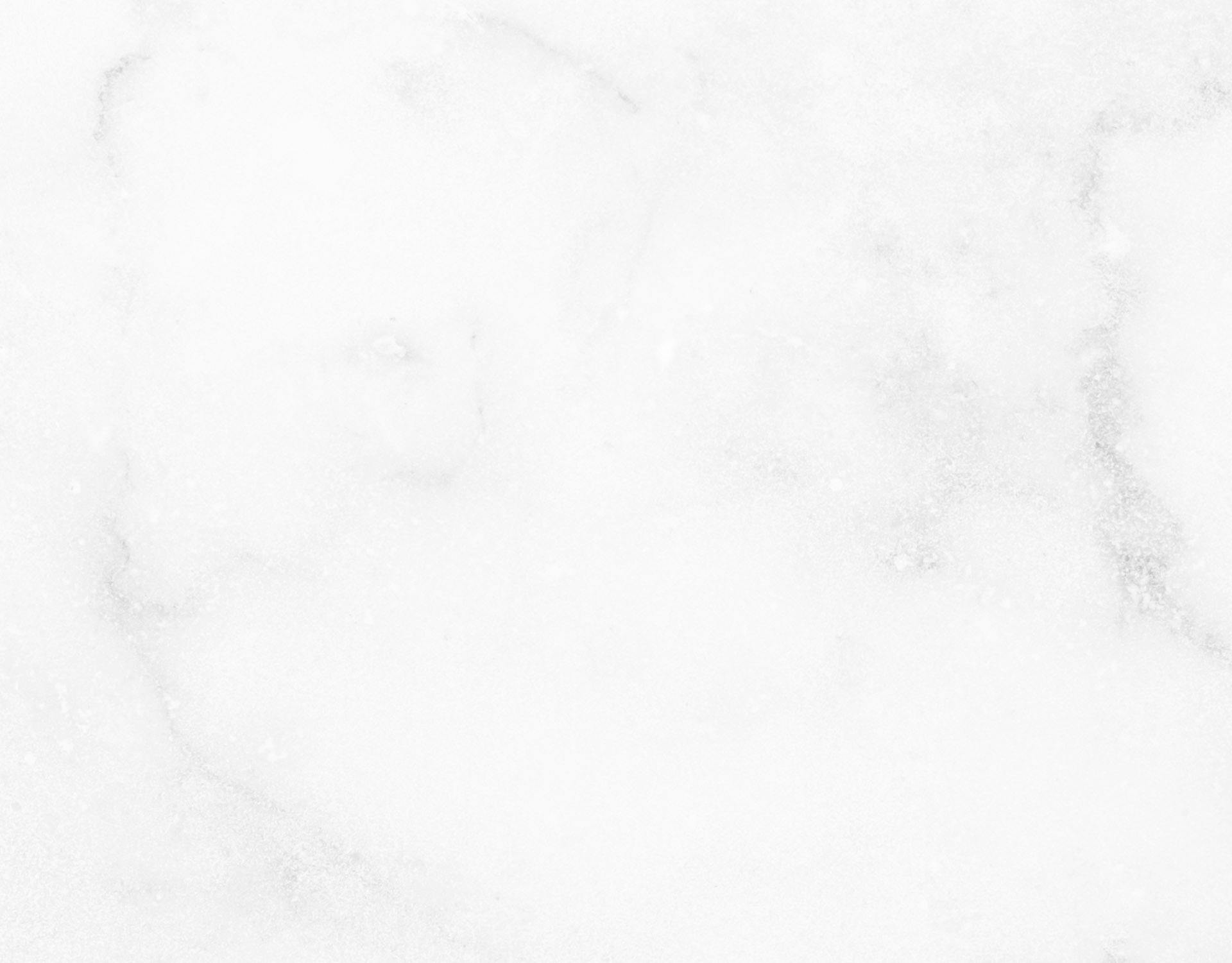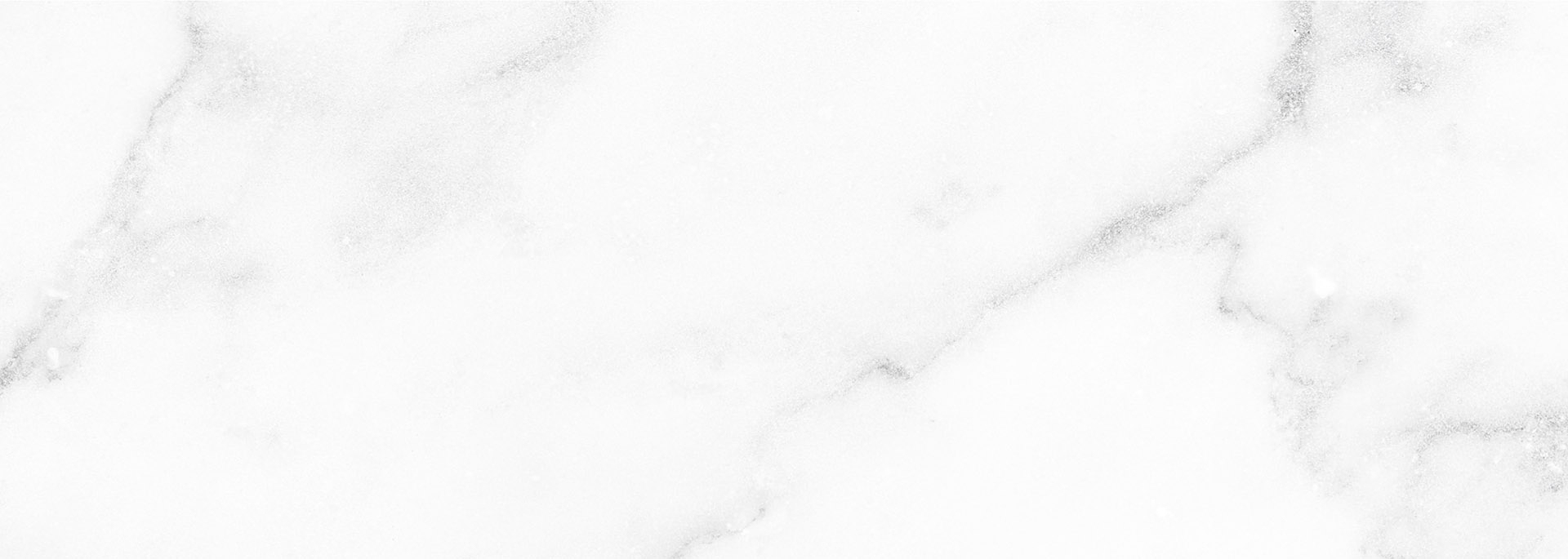Rhinoplasty is a delicate, complex procedure, but it comes with among the highest client satisfaction rates, thanks to the dramatic yet elegant transformation that can occur after surgery. Most patients undergoing rhinoplasty experience recovery to be swift and without incident, but it’s important to know what to expect so that you can prepare ahead of time.
While your surgeon will provide you with a detailed aftercare plan describing a timeline for when you can return to exercise, work, and other normal activities, below you will find ten helpful tips that can help you stay on track after your rhinoplasty and move through the recovery process with more confidence.
Only take medications approved by your doctor.
For the first week after your rhinoplasty, your postoperative pain will be at its peak. To help ease your discomfort, your doctor will provide you with prescription painkillers at the appropriate doses. Make sure you follow the instructions closely. You should take care to avoid anti-inflammatory medications, as these can increase swelling and blood flow, impeding your recovery. Be sure to ask your doctor before taking any pills not explicitly prescribed.
Sleep with your head elevated.
It goes without saying that getting the proper amount of rest will help accelerate your healing. However, it’s important that you sleep with your head in a supported, elevated position to minimize your nasal swelling and prevent fluids from accumulating at the surgical site.
Take gentle walks.
While you should definitely avoid strenuous exercise, aerobics, and lifting for several weeks, taking gentle walks can actually help support a healthy recovery process. Walking can increase your circulation, which promotes healing in your nose. Breathing in and out also helps to encourage the flow of oxygen.
Take baths instead of showers.
In order to keep the splint and dressings on your nose dry after surgery, you should avoid taking a shower or washing your face. Taking a bath, however, can help you stay clean while your nose heals. You can use a moist washcloth to dab your forehead and cheeks gently. Your bandages are typically removed seven days post-op, after which it is safe to shower again.
Don’t blow your nose.
The inside of the nose may have sutures in place, and if you blow your nose, the sutures could migrate or dislodge, compromising your recovery. Blowing your nose can also increase swelling and irritation. If you feel your nose running, take a tissue and gently dab the drainage.
Drink enough water and eat healthy foods.
Staying properly hydrated is integral to your recovery. It can help your body to flush out harmful toxins, reduce the risk of infection, and promote proper wound healing. Eating healthy foods is also a must-do. Avoid processed food, fast food, sugar, alcohol, and caffeine, as these items can negatively affect your immune system. Instead, choose fresh fruits and vegetables, whole grains, lean proteins, legumes, nuts and seeds.
Monitor your salt intake.
A high level of salt consumption will raise your blood pressure, increasing swelling around your nose. Therefore, you are temporarily advised to avoid salty foods like potato chips, popcorn, pretzels, and other comfort foods.
Follow your doctor’s instructions to the letter.
Your rhinoplasty surgeon has helped guide thousands of patients through a successful recovery. Take your instructions to heart, as they may mean the difference between smooth sailing and a host of complications.
Attend your follow-up appointments.
After your surgery, you must meet with your doctor to make sure your recovery is progressing smoothly and at a reasonable pace. Your follow-up visits will allow the doctor to remove sutures, bandages, and splints. These sessions can also give you peace of mind regarding your appearance, as it takes a long time for the swelling to diminish after rhinoplasty, and some clients may feel anxious about their final outcomes.
Avoid the sun.
Prolonged exposure to the sun can be harmful to your rhinoplasty results. Because of its raised surface, the nose is the feature that gets the brunt of a sunburn. Sun damage can change the color of your scars and can also increase your swelling. Use the proper sunblock and wear a sun hat if you must go out.
Rhinoplasty can be a life-changing experience, as it can significantly enhance your confidence and jumpstart your social life. While your plastic surgeon is responsible for the procedure itself, once you leave the office, it’s your turn to protect your results by following your doctor’s instructions and taking care of your body as it heals. Taking the extra time needed to rest and recover can pay off down the road once your bandages come off, the swelling subsides, and you can finally see your new, improved nasal contours.
